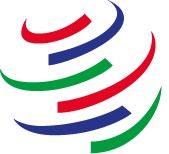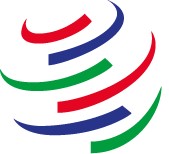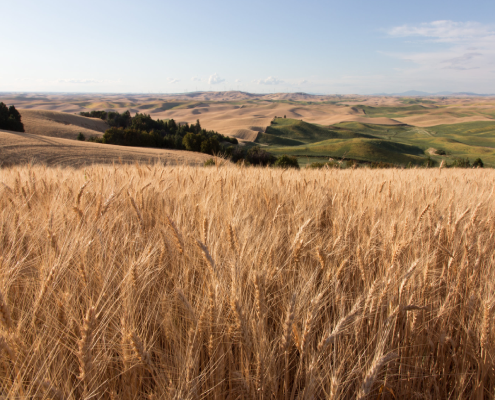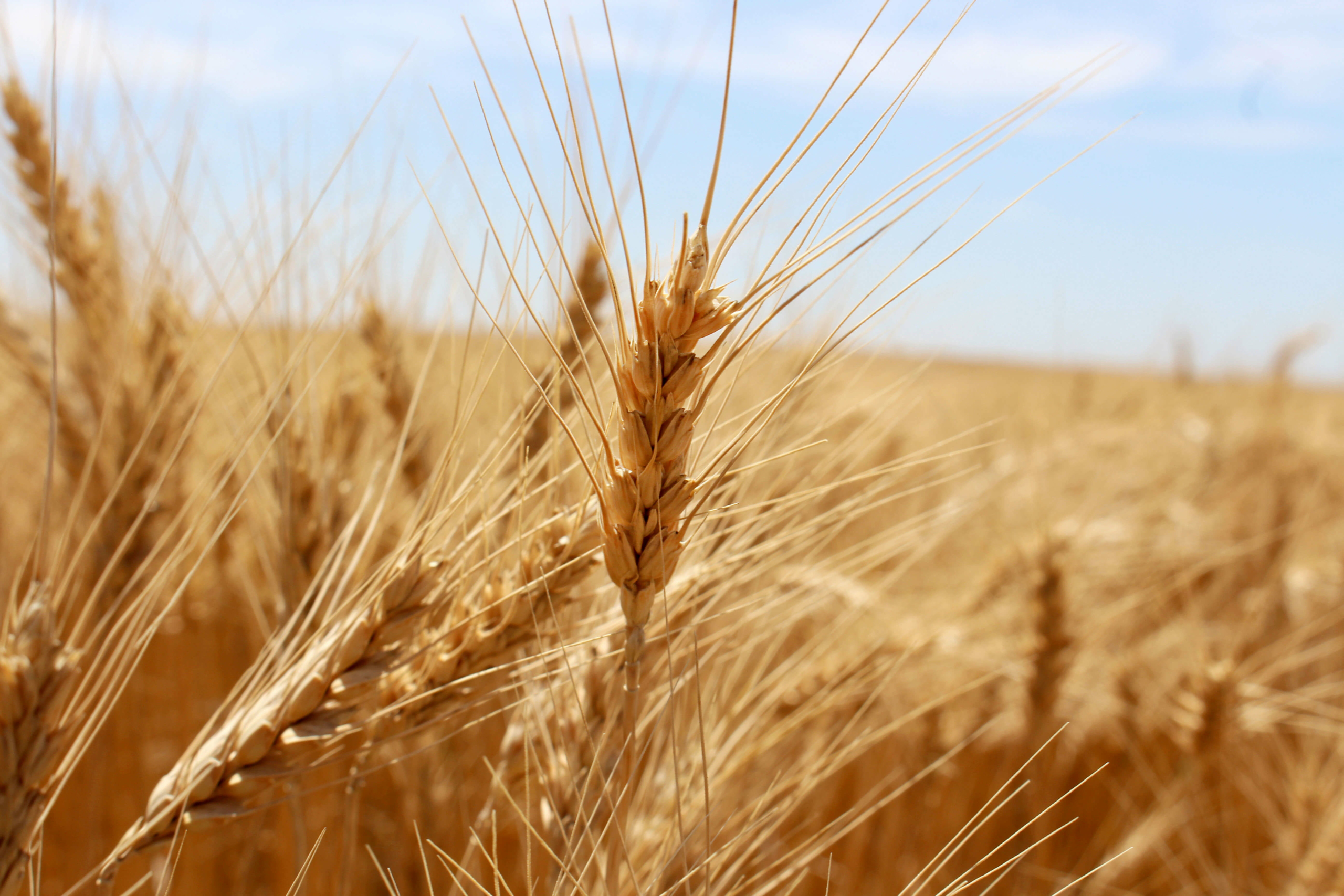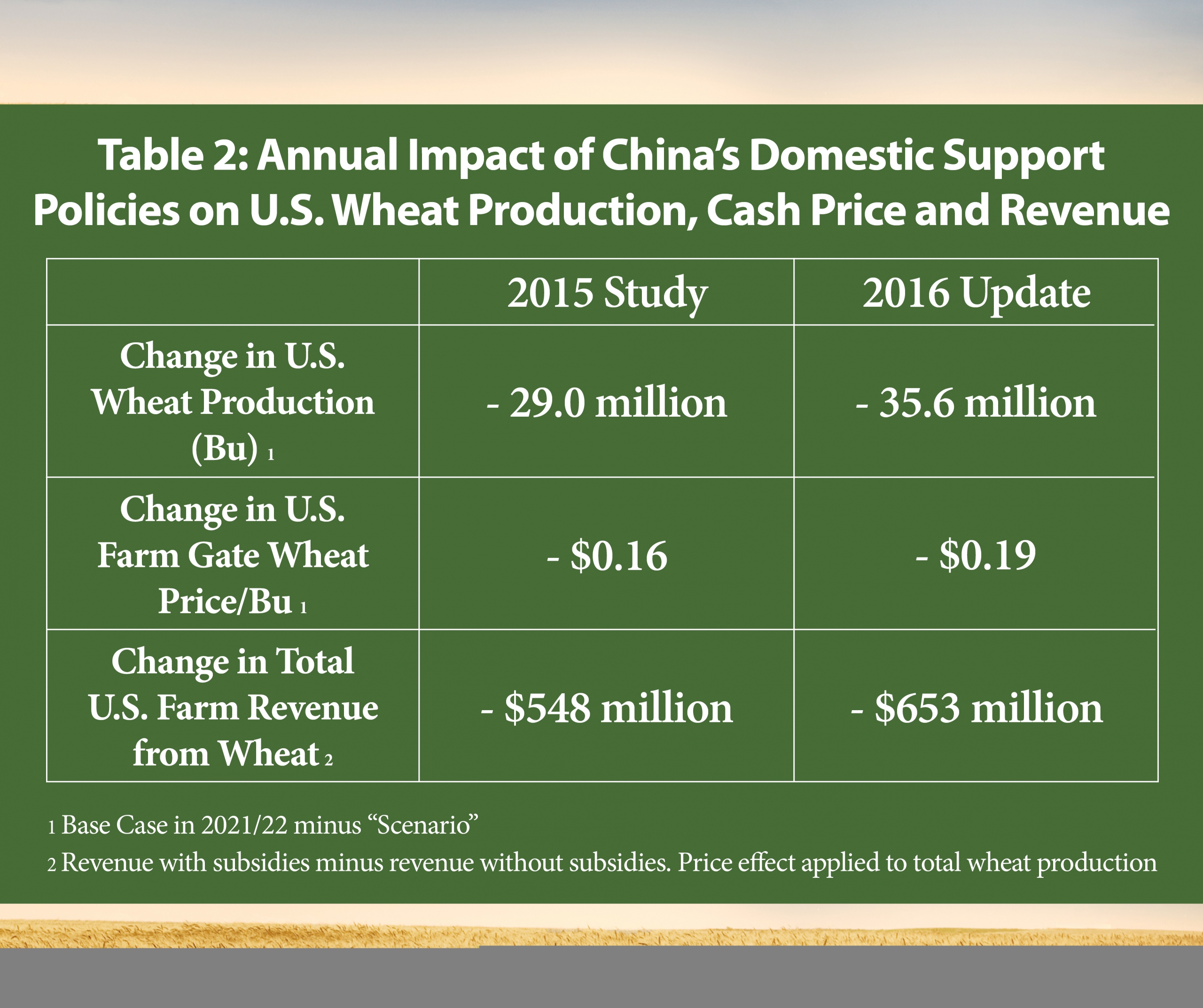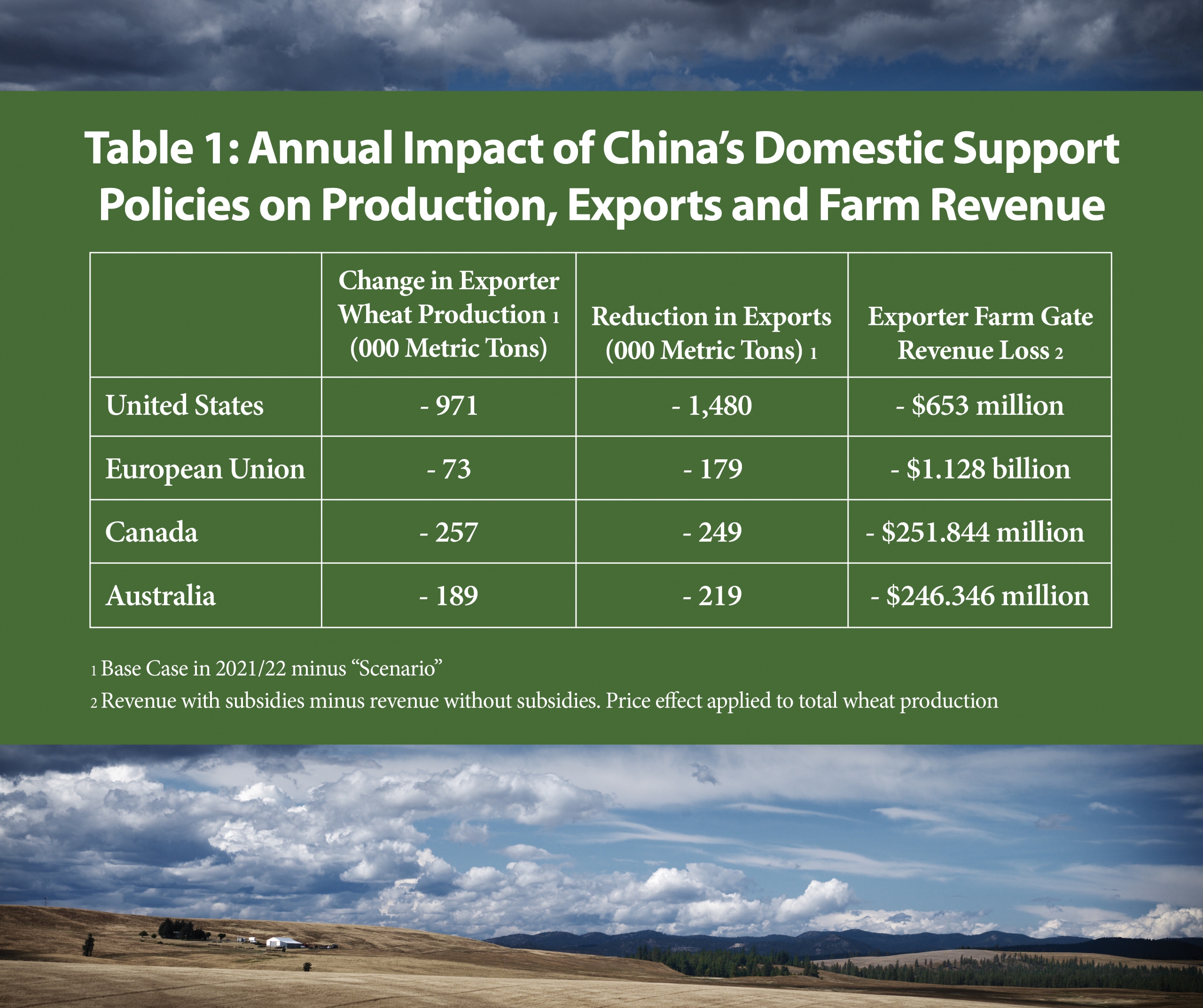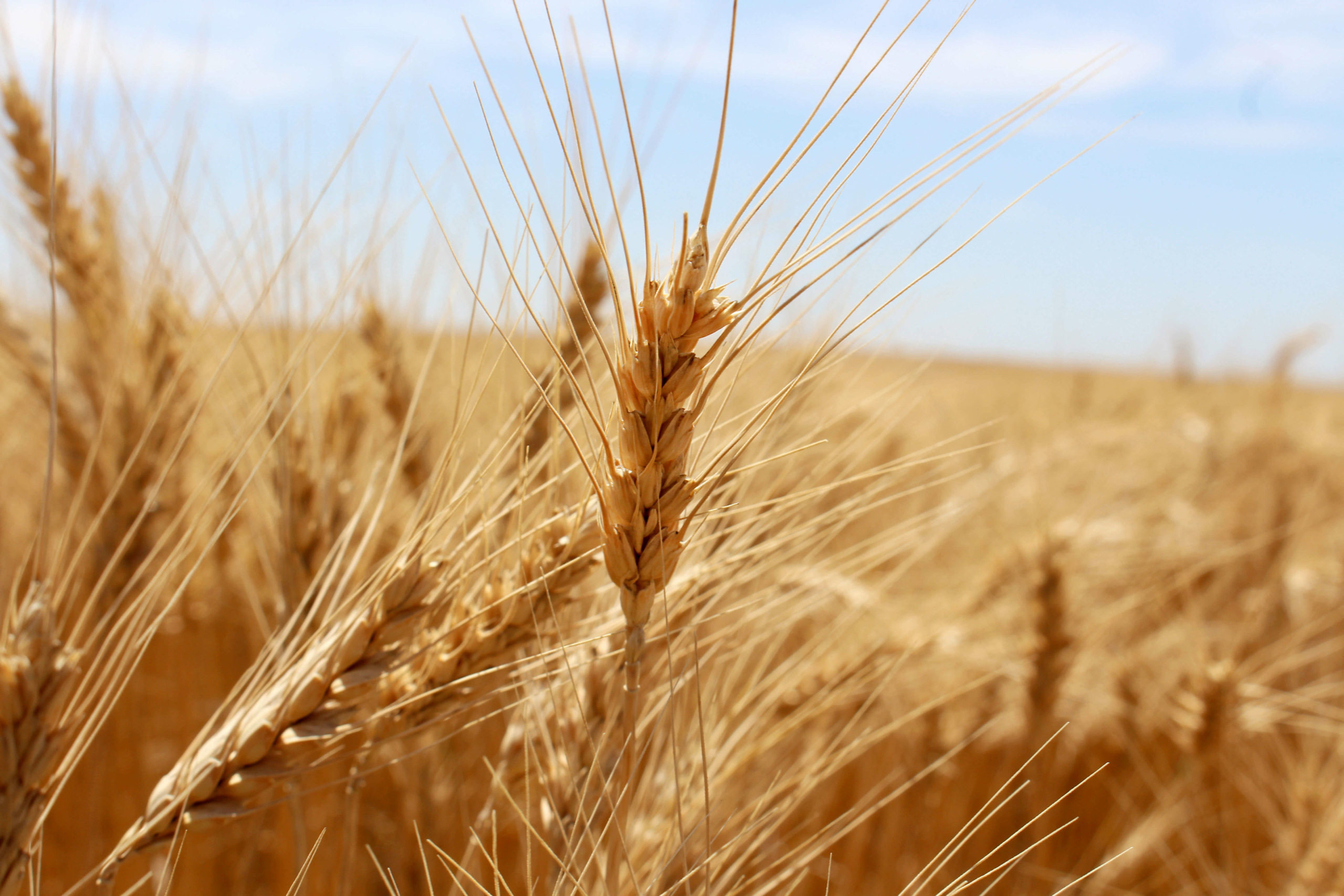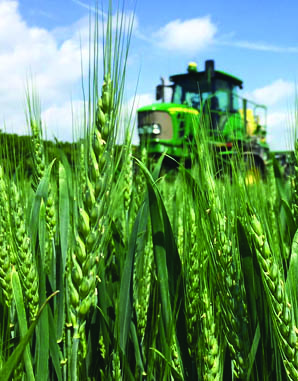ARLINGTON, Virginia — U.S. Wheat Associates (USW) and members of the U.S. Grains Council (USGC), U.S. Soybean Export Council (USSEC), USA Rice, the National Corn Growers Association (NCGA), the National Sorghum Producers (NSP) and the National Barley Growers Association (NBGA) welcomed a joint statement issued this week from 17 countries participating in the 11th Ministerial Conference of the World Trade Organization (WTO) in Buenos Aires, Argentina, emphasizing the importance of supporting farmer access to the full range of tools and technologies available and opposing regulatory barriers lacking sufficient scientific justification.
“Having in mind the importance of transparency and predictability to international trade, we call on all Members to strengthen the implementation of the WTO SPS [Sanitary and Phytosanitary] Agreement by reinforcing the work of relevant international standards organizations and ensuring the scientific basis of SPS measures is sound,” the statement reads.
“The development and application of sound SPS measures is needed to support farmers’ choice in tools that can expand agricultural production and facilitate access to food and agricultural products, and also to safeguard human, animal and plant health.”
Government officials from Kenya, Uganda, Costa Rica, the Dominican Republic, Chile, Canada, Colombia, Argentina, and the United States delivered remarks in favor of the joint statement of understanding on Dec. 12, 2017, during a side event to the main WTO meetings.
Representatives from the Inter-American Institute for Cooperation in Agriculture (IICA), the United Nations’ Food and Agriculture Organization (FAO), the Brazilian Confederation of Agriculture and Livestock (CNA), the International Soy Growers Alliance and MAIZALL, an international maize alliance, also provided supporting comments.
The statement demonstrates global support for all farmers and the tools and innovations they need to protect their crops from devastating diseases and destructive pests while delivering safe food sustainably to the world’s consumers. The signatories take a step forward in calling out countries that undermine farmer choice through regulatory barriers that are not scientifically justified.
Recognizing the “central importance of risk analysis to assess, manage and communicate risks of concern associated with pesticide use in order to protect public health while enabling the safe use of pesticides and facilitate trade in food and ag products,” these countries remained committed to expanding knowledge and capacity for developing countries in pesticide maximum residue levels (MRLs). Ultimately, common understanding will help facilitate bilateral and multilateral efforts to assess and manage risk concerns in a more scientific, transparent and harmonized manner.
USW’s mission is to “develop, maintain, and expand international markets to enhance wheat’s profitability for U.S. wheat producers and its value for their customers.” USW activities in more than 100 countries are made possible through producer checkoff dollars managed by 17 state wheat commissions and cost-share funding provided by USDA’s Foreign Agricultural Service. For more information, visit our website at www.uswheat.org.
# # #
Nondiscrimination and Alternate Means of Communications
U.S. Wheat Associates prohibits discrimination in all its programs and activities on the basis of race, color, religion, national origin, gender, marital or family status, age, disability, political beliefs or sexual orientation. Persons with disabilities who require alternative means for communication of program information (Braille, large print, audiotape, etc.) should contact U.S. Wheat Associates at 202-463-0999 (TDD/TTY – 800-877-8339, or from outside the U.S.- 605-331-4923). To file a complaint of discrimination, write to Vice President of Finance, U.S. Wheat Associates, 3103 10th Street, North, Arlington, VA 22201, or call 202-463-0999. U.S. Wheat Associates is an equal opportunity provider and employer.


